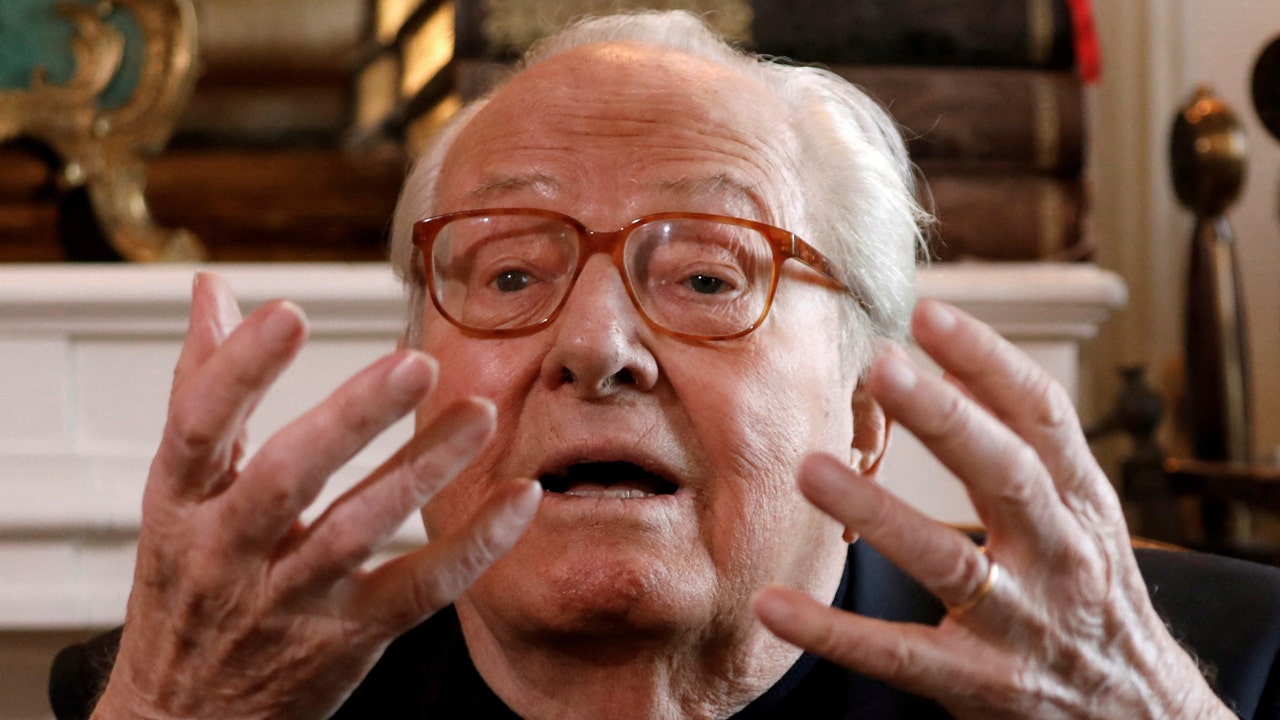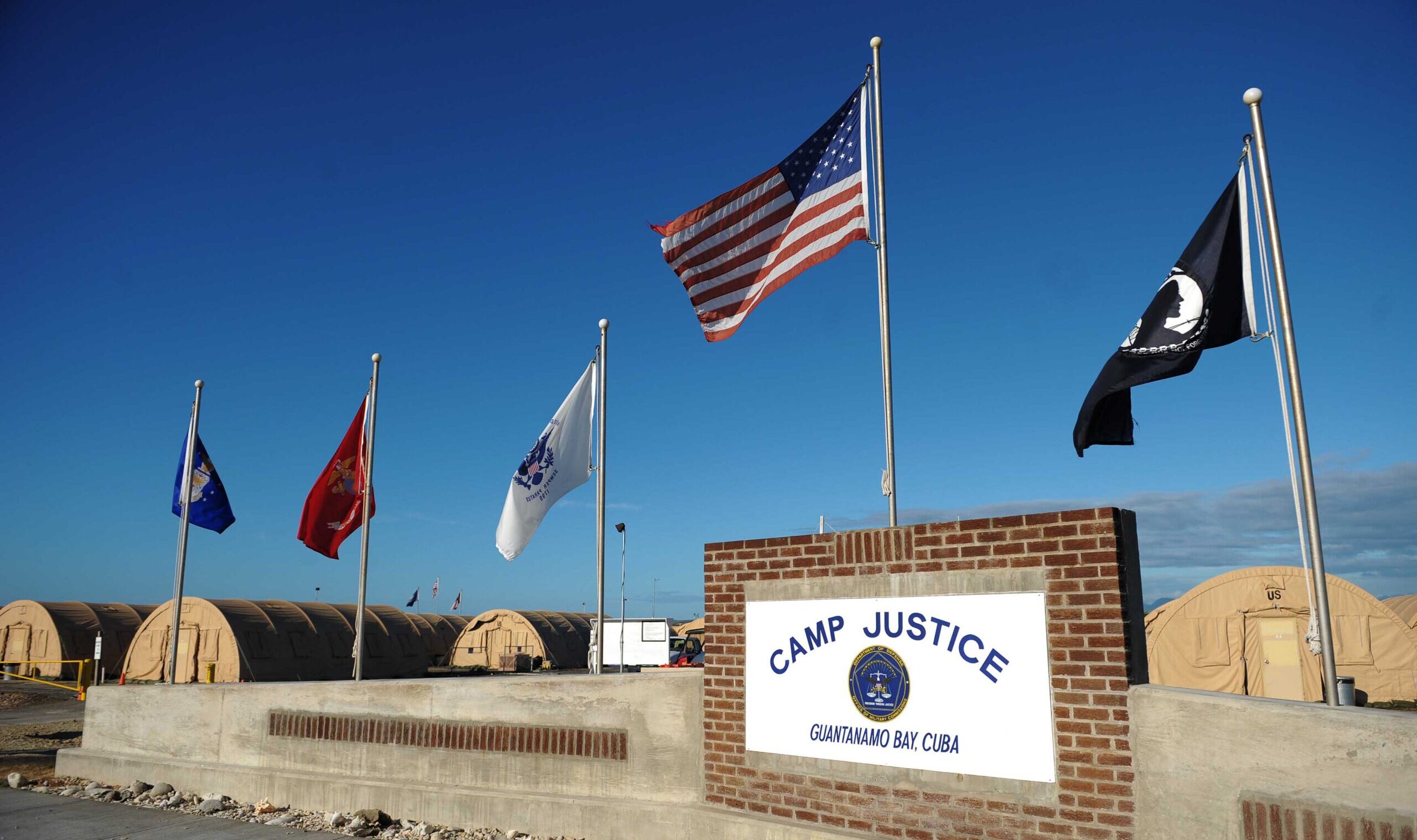The American Jewish community must rethink its strategy, shifting from reactive defenses to proactive, grassroots efforts that empower individuals and promote positive narratives about Israel.
By TODD L. PITTINSKY JANUARY 6, 2025 03:56 STUDENTS AND other pro-Palestinian supporters block doorways as they attach themselves using ‘sleeping dragon’ devices outside New York University last month. The anti-Israel movement is agile and aggressive in nature, thriving on disruption and chaos, says the writer.
(photo credit: Adam Gray/Reuters)
STUDENTS AND other pro-Palestinian supporters block doorways as they attach themselves using ‘sleeping dragon’ devices outside New York University last month. The anti-Israel movement is agile and aggressive in nature, thriving on disruption and chaos, says the writer.
(photo credit: Adam Gray/Reuters)
As we begin 2025, many reflect on the challenges and successes of the past year, both as individuals and communities. The year 2024 was marked by profound unease for the American Jewish community. A surge of anti-Israel sentiment, often intertwined with antisemitism, became disturbingly commonplace. Outbursts were frequent and occurred in a wide array of settings.
Unfortunately, the new year will likely bring similar challenges as these efforts continue gaining momentum and legitimacy. Jewish institutions responded to the relentless efforts to undermine Israel socially, culturally, and politically and will undoubtedly plan to do so again. However, doing this effectively requires a sober assessment of what worked and what didn’t in the responses of the past year, enabling a more effective approach to Israel support and advocacy in the year ahead.
The past year was not merely marked by a series of unfortunate events. It was a bigger story, one in which traditional tools of pro-Israel advocacy proved less effective than the moment demanded. The challenge, at its core, was the nature of the war launched against Israel. It used a range of guerilla warfare tactics.
Online, anti-Israel activists orchestrated rapid, targeted, hateful social media campaigns. They overwhelmed platforms before moderation systems could respond, quickly replacing removed content to maintain a constant barrage. They use incendiary viral hashtags. They migrated to platforms other than social media to embed their narratives into product descriptions, user reviews, and online articles.
In physical spaces, anti-Israel activists launched surprise protests without permits. They chanted slogans calling for violence in public. They displayed symbols of recognized terrorist groups. They blockaded and successfully prevented a range of activities that included an Israeli official, artists, or academics.
They infiltrated public schools by, for example, producing and distributing maps to public school teachers that omit the Jewish state. They vandalized Jewish institutions – temples, day schools, yeshivas, Jewish community centers, and even Jewish-owned businesses. They harassed and attacked individual Jews and supporters of Israel.
The core of our communal challenge lies in the stark asymmetry in the strategies of the anti-Israel forces and the response from the Jewish establishment. The anti-Israel movement is agile and aggressive in nature, thriving on disruption and chaos.
They break the law. They lie. In contrast, established Jewish organizations tend to be structured, hierarchical, and conservative. Jewish leaders deliberate. They plan. They issue press releases. They file lawsuits. They organize meetings and conferences. They commission research studies.
These tools are all tools of a thoughtful, organized, and orderly response. They are also woefully inadequate against guerilla warfare. They are too slow, reactive, and timid by their nature. They played offensively – we played too defensively.
A professor's perspective
AS A professor, the setting I know best is universities. On campuses, Hillel International is the most prominent Jewish organization, with a mission that includes supporting Israel. Yet, last year, Hillel failed to mount a sufficient response on my campus or those of my close colleagues. This should not be surprising.
Stay updated with the latest news!
Subscribe to The Jerusalem Post Newsletter
Hillel’s partnership model with universities prioritizes avoiding conflicts with administrators in order not to alienate them, leading to carefully worded statements and restrained actions. Its broad mission, spanning religious, social, and cultural programming, limits focus on necessary, more systematic campus reform, and its core constituency – Jewish students – further narrows its impact on broader campus culture.
While Hamas’s invasion on October 7, 2023, was unexpected (for most), the surge of hate on US campuses on October 8 should not have been.
For years, Hillel itself has documented growing hostility toward Jewish students on campus after campus – but it hasn’t demanded systemic reform. Despite doing much good work, Hillel – by nature and choice – has not, and will not, effectively address more systemic anti-Israelism and antisemitism on campuses.
Hillel’s posture reflects a broader trend among Jewish institutions, which, by their nature and norms, struggle to counter agile and disruptive anti-Israel activism. Their over-reliance on established, bureaucratic channels – products of decades spent prioritizing structured, management-driven ideas and approaches to Jewish philanthropy over more adaptive, grassroots strategies – leads them to prioritize orderliness over agility and real-time innovation.
Moreover, they have become overly universalistic, assuming a general tide of social betterment on a range of social issues will ensure the betterment of the condition of US Jews. We see it does not. They are too willing to join coalitions that, as we have sadly seen, fail to prioritize antisemitism.
To riff on Hillel the Elder’s wise words – we have embraced the second half of his counsel: “If we are only for ourselves, what are we?” We have paid too little attention to the first part: “If we are not for ourselves, who will be for us?”
The ADL, for example, in its work with K-12 schools for the past decade, has not particularly prioritized antisemitism. That may sound strange, but in the flagship program I reviewed, when the ADL visits schools, it brings a universalist approach – presenting antisemitism as one of a smorgasbord of “isms.”
Educational programs are not centered on particularities of antisemitism per se but rather on a basket of universal niceties and messages that focus more on the social psychology of prejudice than the historical, political, social, and lived reality of antisemitism, let alone Zionism and prejudice against the historical homeland of the Jewish people, Israel.
TO MORE effectively counter the guerrilla tactics employed by anti-Israel and antisemitic activists, we must approach the coming year differently in two key ways. First, we must decentralize our responses. This means shifting from top-down strategies to empowering grassroots efforts, giving students and individuals in communities nationwide resources to act quickly and authentically. Direct funding for student-led initiatives should bypass bureaucratic hurdles.
Instead of waiting for Hillel board meetings, students should have the resources to respond immediately to hate. With just a few texts outlining an idea, a college student or staff member with a good idea should be able to access a micro-grant for a pro-Israel or pro-Jewish activity or event. Will there be some wasted funds along the way? Yes – but large, centralized bureaucracies, such as Hillel and the ADL, experience waste, too.
For decades, Jewish organizations have modeled themselves on large, established business processes, emphasizing process, procedure, impact assessment, etc. This approach works well in stable conditions, but is ill-suited for the demands of guerrilla warfare.
SECOND, THE community needs to go on the offensive. Donors should not pull their investments out of campuses, they should increase them – funding faculty positions, research centers, student support programs, speaker events, and initiatives promoting pro-Israel and pro-Jewish perspectives or simply objectively addressing Israel and Jewish issues. Endowed faculty chairs are expensive, but post-doctoral positions are far more affordable and allow donors to support specific areas of scholarship.
Over time, this will help improve our campuses in more fundamental and enduring ways. Organizations aiming to support Jewish students must act more boldly. They need to go all in. Bold initiatives, like proud, grand Israeli cultural festivals and programs targeting entire student bodies – such as comedy festivals featuring edgy Israeli and Jewish American comedians (known for tackling challenging topics with humor) – can shift narratives for non-Jewish students.
Instead of waiting to respond to campus boycotts, they should launch and advertise large-scale “buycott” campaigns on campuses, proudly promoting Israeli products and culture, transforming support for Israel into a positive act of cultural appreciation and economic solidarity.
Our traditional organizations must adapt and become – well, less traditional. While responding to adverse events is always important, it is reactive, not proactive. It is not enough. The challenges facing the Jewish community demand dynamic, bold, grassroots responses that are proactive and ambitious, enabling us to go on the offense rather than remaining reactive.
We must craft a strategy that fights guerrilla warfare without compromising our principles and integrity. When they lie, we boldly trumpet the truth. When they intimidate, we respond with even greater confidence. When they call for intifada, we call louder for the next round of the Abraham Accords.
When they break the law, we double down to show our appreciation for the police and public safety workers who keep Jewish communities – and all communities – safer. Last year, Jewish institutions were on the defensive; this year, let’s go on the offensive.
Many today are lamenting that the golden age of Jewry in America is ending. Let us now begin working toward the platinum age of Jewry in America – an era in which the Jewish community is even more vibrant, righteous, creative, and successful; and makes even more outstanding contributions to US culture, society, politics, and economy – symbolized by a metal rarer and more durable than gold.
By responding smartly and boldly, we can do it.
The writer is a professor at Stony Brook University of the State University of New York.

 By The Jerusalem Post (World News) | Created at 2025-01-06 02:15:07 | Updated at 2025-01-07 16:05:59
1 day ago
By The Jerusalem Post (World News) | Created at 2025-01-06 02:15:07 | Updated at 2025-01-07 16:05:59
1 day ago








